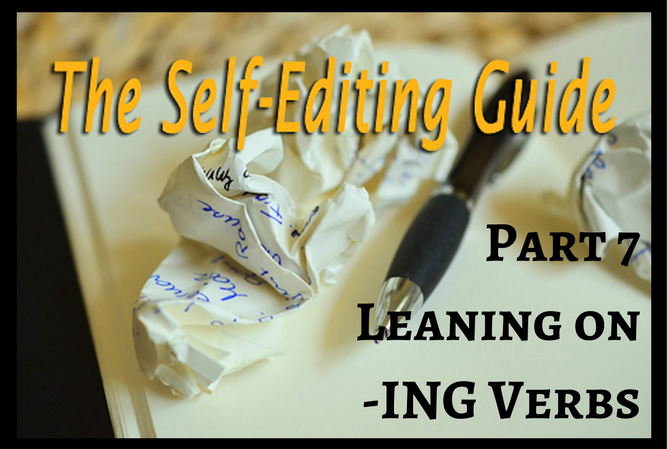
“Four score and seven years ago….”
No, wait—the creation of Writers Unite! five years ago was not so momentous to warrant a quote from President Abraham Lincoln. However, the group has had an impact on a large community of writers.
In October of 2015, a few writers, tired of writing groups that offered no writing advice, only social gatherings, decided to create a group named Writers Unite! as a haven for writers to present their work and discuss writing without harsh words or ridicule. Respect and support for each other and the writing process is the group’s goal.
Five years have now passed, and we have certainly had our share of growing pains. Our insistence on keeping WU!‘s focus on the writing process and not self-promotion, we hope, has given writers a place, a haven as described, to share their work and improve their skills by helping each other.
We strive to provide fun, entertaining, educational articles, workshops, and writing prompts to help novice and experienced writers hone their skills. WU! also offers a public Facebook page for non-members and a web presence where we showcase our members’ writing, offer workshops, and members’ guest posts. Our efforts are to help members drive more traffic to their social media and, hopefully, their work.
WU! also sponsors an anthology series to provide members the opportunity to learn the publishing process and become published. The response to the calls for submissions for the anthologies has been exceptional, and we are publishing our fifth anthology, Dimensions of Paranormal, this month. Submissions for our sixth anthology, Dimension of the Wild West, are underway.
As we approach 75,000 members, I remember back to the early days when we were worried we would even get one hundred members. We have certainly surpassed that. Our growth has been phenomenal, and we are fortunate to have support along the way.
There are many people to thank for making Writers Unite! a success. A special note of thanks has to be to Paul W. Reeves, who joined WU! in 2016, and shortly after, asked if we would like to appear on his radio show, “Dr. Paul’s Family Talk,” which at the time was on a terrestrial station in Detroit, Michigan. At the time of our first appearance on the show, WU! had 6600 members. By the time we made our third appearance within three months on the show, we had grown to 23,000 members. With no other marketing efforts to account for the growth, Paul’s show gave Writer’s Unite! a boost among his international listeners. With that growth rate, Facebook’s algorithms kicked in, and we have seen steady growth since then.
Now with his internet radio station, Impact Radio USA, Paul, also a group admin, continues to highlight Writer’s Unite! and many authors (some members) on both “Dr. Paul’s Family Talk” and “Impact Interviews and Music.” We are grateful for his continued support.
As the longest-serving admin for the group, I want to say unequivocally, this group would not be successful without the admin team in place. I cannot begin to explain how hard these admins work to keep this group running smoothly. It would take an exceedingly long post to list their accomplishments individually, but I must single out Lynn Miclea for her exceptional dedication to publishing the anthologies. Her expertise in editing and formatting is invaluable. To the rest of the team, Michele Sayre, Jessica Fisette, Stacy Smith, and Paul, thank you. Your dedication and support for Writers Unite! means everything. All hours of the day or night, they are willing to help.
However, there is one more team member, and that team member is more valuable than all.That member is you. Each of you, who as members, post, teach, mentor, discuss (okay, maybe debate at times), and create the value that makes Writers Unite! unique. Take a bow, you deserve it, and without you, this wouldn’t be fun.
As admins, when you tell us that in any way this group has given you the support or knowledge that has spurred you to write, complete a novel, or publish, you have made us proud. We don’t want accolades. Your success is enough.Thank you again for making this a fun, exciting, and quick five years. Here is to completed works and happy publishing.
The Admin Team
“Writers Unite!” Mission Statement:
To provide inspiration, instruction, and promotion for writers of all levels of expertise.
“Writers Unite!” Vision Statement:
To provide a haven for writers as they hone their craft.

























